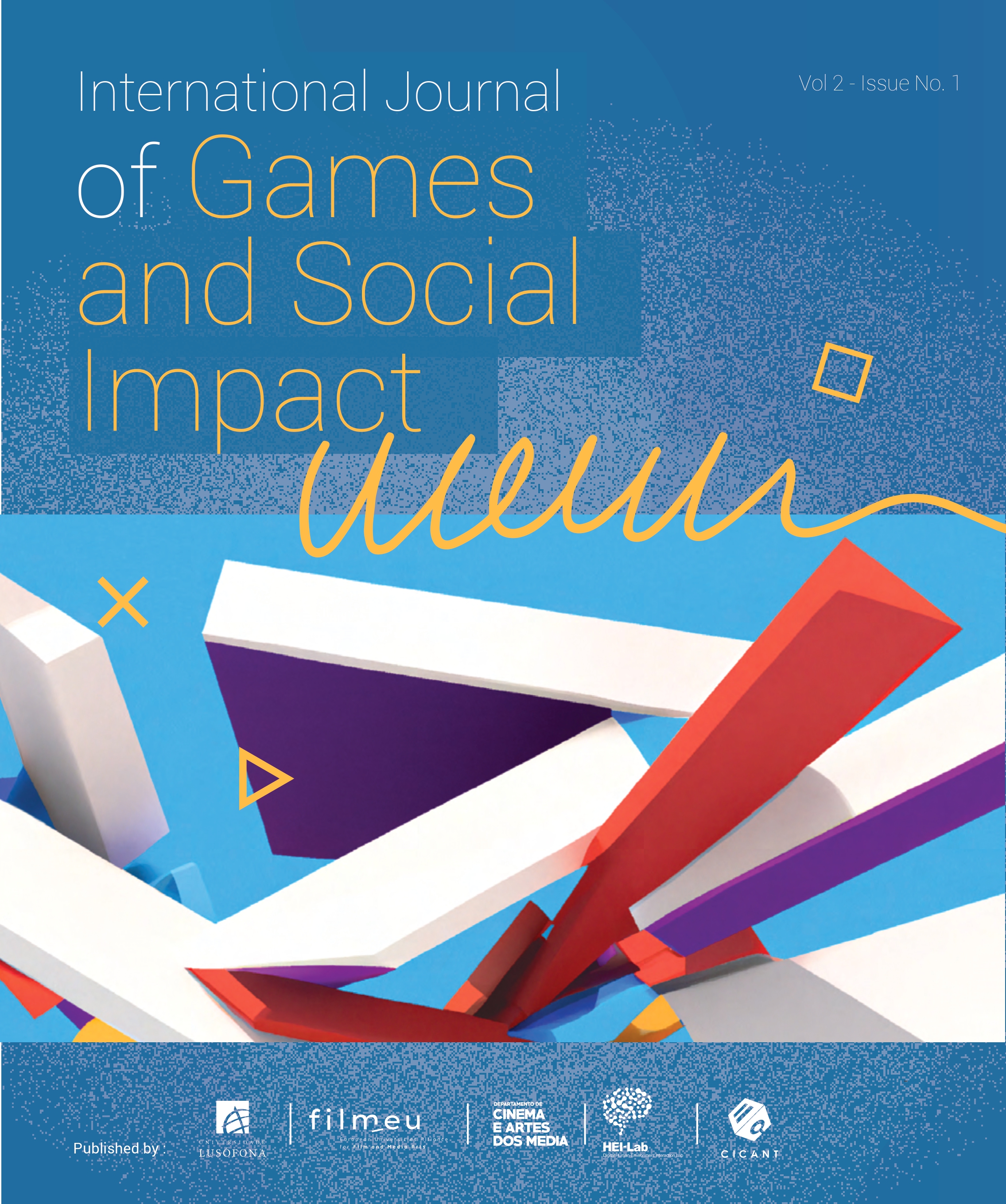Learning Engagement in a Pre-Alpha Version of an Educational Game: Evaluation and Proposed Solutions
Abstract
Game-based learning focuses on engaging and immersing students in playability, and User Experience is a good opportunity to improve the game experience and to engage students in real learning. A theoretical five-factor model of learning engagement is used to analyse the overall sense of engagement in primary and secondary school students in a playtesting setting in the early stages of developing an inclusive educational mathematics video game mainly designed for deaf and hearing students. A measuring engagement usability playtest was conducted to answer the following research questions: a) What do students perceive as a sense of engagement? b) What information about the engagement is worthwhile to improve the game design and game experience? Twenty-three hearing students (15 boys and eight girls) participated in the study. The participants are 2nd to 12th graders, with a mean age of 13.7. After students played the pre-alpha version of a video game, most agreed that the prototype was challenging, reporting motivation to undertake the game’s mathematical challenge. They perceived the game activity as clear and achievable. The students also reported having control over different types of actions in the game, and nearly one-quarter of the students perceived the game activity as not immersive. Also, the older students expressed that the game’s purpose seemed irrelevant to their age group, which ultimately affected the game’s general rating on the clarity of the game’s purpose. The playtesting sessions reveal that players need help separating the game from its educational goal, and the misalignment between the character’s movements affects the game’s action control. After collecting engagement problems in playtesting sessions, the study proposes solutions, including changing interface elements. The current work demonstrates the importance of evaluating engagement in playtesting sessions in the early stage of development to improve the game experience long before the final version.
Downloads
This work is licensed under a Creative Commons Attribution-NonCommercial-ShareAlike 4.0 International License. The rights of each article are attributed to their author(s).









